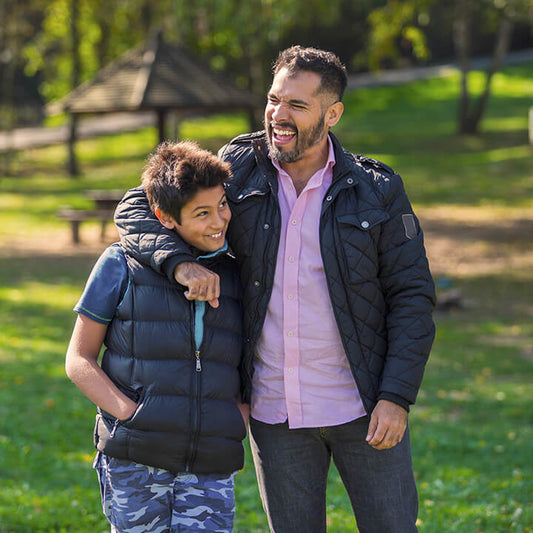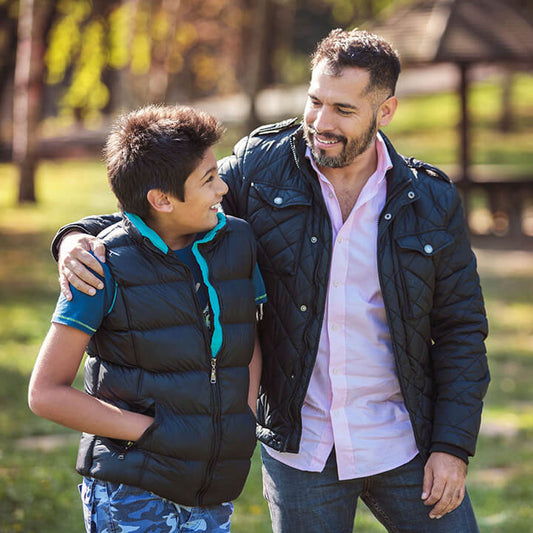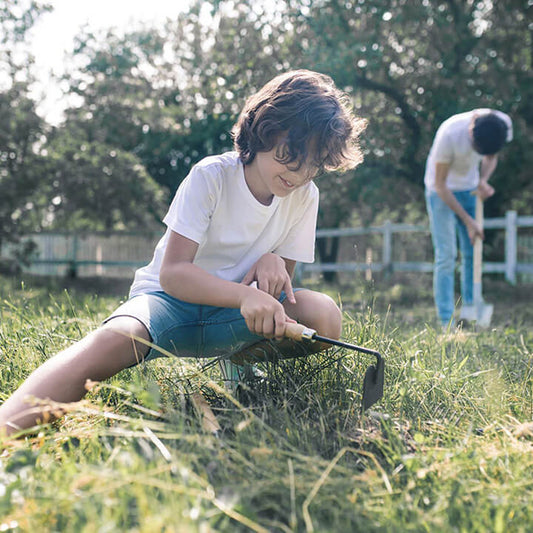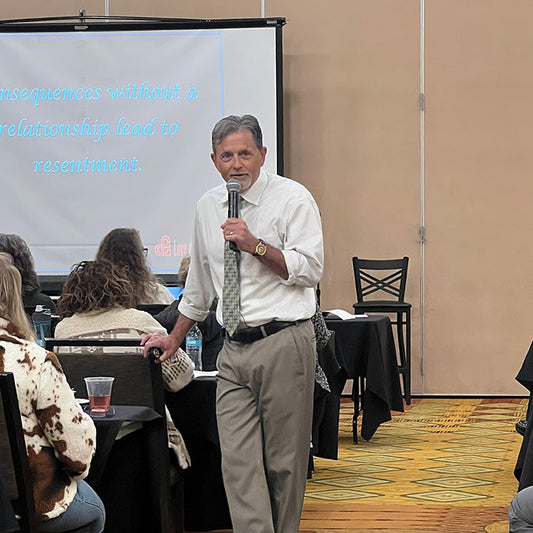It was a typical trip. There I sat at gate B-29 waiting for yet another airplane—and trying not to think about the fact that my connecting flight was only 2 hours way.
Like a cool summer breeze, Andrew arrived on the scene. “What that?” he asked his mother, pointing at one of the planes taxiing down the runway. “That’s an airplane, Andrew” she replied with a smile.
“What that?” he inquired, pointing at something else. “That’s what they pull planes with,” she gently replied.
“What that?” he asked as his bright eyes gazing the other way. With loving patience, she answered, “I don’t know, Andrew. I’m not sure.”
Never losing his enthusiasm and his six-million-dollar smile, Andrew proceeded to ask “What that?” approximately 15 more times over the next thirty minutes.
What a joy it was to watch this small child’s wonder and excitement! What a pleasure to see his kind mother do her best to sweetly address his multiple inquiries!
In my seminars I’m often asked, “What do we have to do to make kids want to learn?”
My response is always the same:
All children are born with a strong drive to explore, learn and master their environment.
The key to helping underachieving kids is not punishment! It doesn’t involve finding bigger and better consequences, or better rewards.
Lack of academic motivation is usually the result of unmet needs related to control, competence, emotional safety, belonging, etc.
Demonstrating a sincere desire to help, and not to punish, is the first step along the road to recovery. The next steps involve rebuilding the foundation of emotional needs that free kids to learn.
The love of learning is one of the best gifts parents can bestow on their children. In my book, From Bad Grades to a Great Life!, I describe practical and proven strategies designed to give parents the tools for rebuilding this foundation as well as enjoying happy relationships with the children they love.
Thanks for reading!
























































